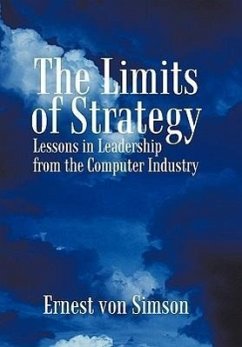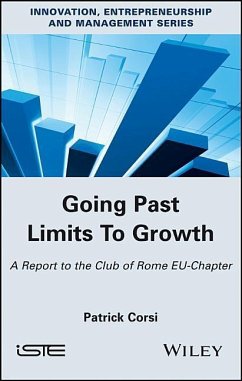
Americanization and Its Limits
Reworking Us Technology and Management in Post-War Europe and Japan
Herausgeber: Zeitlin, Jonathan; Herrigel, Gary
Versandkostenfrei!
Versandfertig in 1-2 Wochen
107,99 €
inkl. MwSt.

PAYBACK Punkte
54 °P sammeln!
This book develops a new and conceptually distinctive analysis of Americanization in European and Japanese industry after the Second World War, based on a rich set of sectoral and firm-based studies by an international group of distinguished scholars. The authors highlight the autonomous and creative role of local actors in selectively adapting US technology and management methods to suit local conditions and, strikingly, in creating new hybrid forms that combined indigenous and foreign practices in unforeseen and often remarkably competitive ways. Their findings will be of compelling interest...
This book develops a new and conceptually distinctive analysis of Americanization in European and Japanese industry after the Second World War, based on a rich set of sectoral and firm-based studies by an international group of distinguished scholars. The authors highlight the autonomous and creative role of local actors in selectively adapting US technology and management methods to suit local conditions and, strikingly, in creating new hybrid forms that combined indigenous and foreign practices in unforeseen and often remarkably competitive ways. Their findings will be of compelling interest not only to historians and social scientists concerned with the dynamics of post-war economic growth and industrial development, but also to those engaged in contemporary debates about the cross-national transfer and diffusion of productive models.












